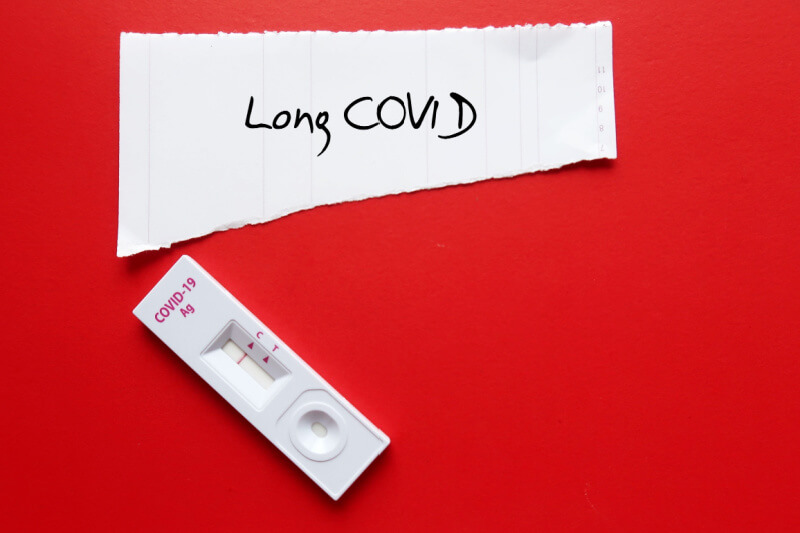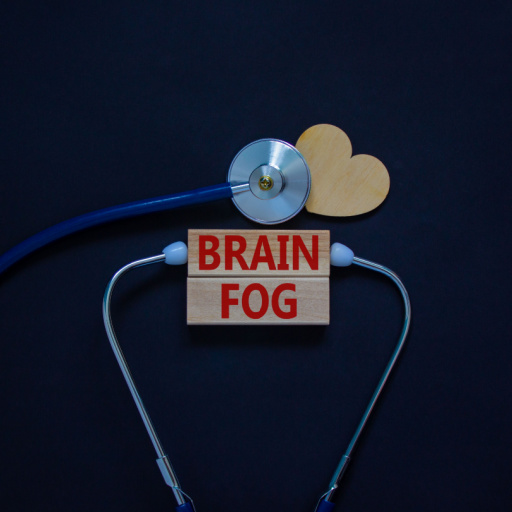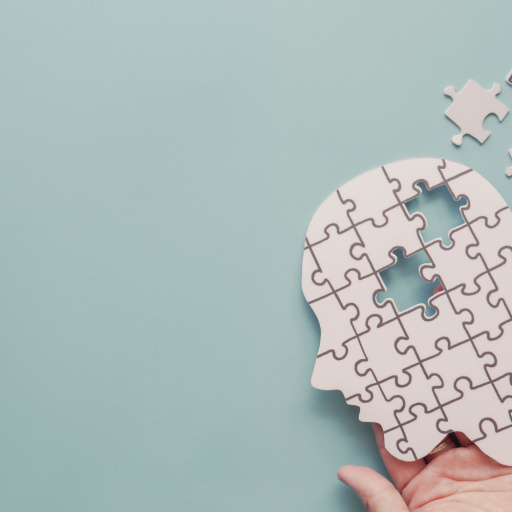What is brain fog?
Brain fog commonly describes cognitive impairment, which impacts a person’s daily activities and interpersonal relationships. The unpredictable nature of this condition can also lead to anxiety, depression, stress, or fear. Brain fog is not a medical condition; it is merely a symptom of other medical conditions.
Symptoms of brain fog
The symptoms of this cognitive dysfunction involve:
- Mental problems and mental fatigue
- Forgetfulness
- Lack of clarity in thought
- Feelings of confusion and disorganization
- Inability to focus
- A reduced span of attention
- Difficulty in processing information
- Poor concentration
- Inability to multitask
Causes of brain fog
Take a look at some explanations and causes behind brain fog:
- Chronic stress can increase blood pressure levels, weaken the immune system, and trigger depression, which can cause mental fatigue. Your brain can get exhausted after being under constant stress, making it harder to reason, think, or focus.
- When you are sleep-deprived, it can interfere with how your brain functions. Poor sleep quality can lead to poor concentration and cloud your thoughts and judgments.
- Estrogen and progesterone levels bring about increased hormonal changes during pregnancy, causing short-term cognitive impairment and affecting memory. Likewise, a drop in estrogen levels during menopause can cause hot flashes, sudden sweating, forgetfulness, cloudy thinking, and poor concentration.
- Brain fog causes include vitamin B12 deficiency in your body. If you have food allergies and sensitivities, consuming certain foods, such as dairy or peanuts, can develop brain fog.
- Brain fog can also be a side effect of certain medications or occur due to high dosages.
- This condition can occur due to an underlying issue, varying blood glucose levels or medical conditions associated with inflammation or long-term fatigue. Some medical conditions that induce brain fog include anemia, depression, diabetes, migraine, hypothyroidism, Alzheimer’s’ disease, and dehydration. Cancer patients who undergo chemotherapy are also said to have a ‘chemo brain’. Autoimmune diseases like arthritis, lupus, and multiple sclerosis (a condition that affects your central nervous system, causing issues related to memory, planning, attention span, or language), or COVID-19, may also cause brain fog.5t
Brain fog and COVID

Some people infected with the COVID-19 virus can experience lingering symptoms and long-term effects from the infection, known as post-COVID condition (PCC) or long COVID. The severe acute respiratory syndrome coronavirus (SARS-CoV-2) and its inflammatory aftermath impact the intricately coordinated neural networks in the brain, which interrupts the flow of information. This includes symptoms such as fatigue and brain fog.
Brain fog treatment
The question – How to cure brain fog? – lies in making significant lifestyle changes. Here are some ways to treat and prevent brain fog:
- Get adequate 7-8 hours of sleep. This is the time you give your mind and body to recharge for a fresh start the next day. Keep all electronics away at least one hour before you hit the hay. The light that smartphones or laptops emit can harm your vision and impact your sleep cycle.
- Thousands of thoughts cross your mind in a day. Practice mindfulness meditation to calm your mind and acknowledge all your thoughts without judgement. Yoga can help reinstate a sense of peace and helps you manage stress.
- You can inform your doctor to lower the dosage or change medications that may improve your symptoms.
- Brain fog treatment depends on the cause or condition. If you are anemic, increase iron supplements in your meals to boost red cell production and reduce brain fog,
- Refrain from consuming alcohol and caffeine, and stop smoking.
- Keep your mind active and agile with brainstorming activities, like solving crossword puzzles, riddles, or sudokus. Read newspapers, books, magazines, or technical manuals to exercise your mind and memory.
- Develop coping strategies to manage the symptoms of brain fog, which could involve making lists and visual reminders in the form of reminder applications, digital alerts, calendars, notifications, timers, and post-it notes. However, it is essential to use your memory and not wholly rely on these lists.
- Exercise daily. Any physical activity will increase blood flow and encourage faster brain healing.
- Stay hydrated and consume nutritional meals, so your body functions to the best of its ability. Avoid fast, processed, salty or sugary foods that lead to inflammation and work against healing.
Stay active in the Activ Living Community to find more details on lifestyle and fitness.





 1800-270-7000
1800-270-7000






